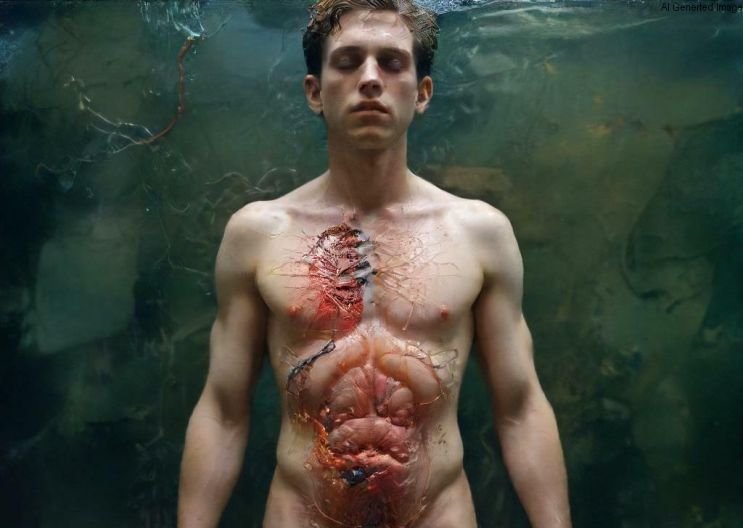In a disturbing discovery, scientists have confirmed the presence of microplastics in human penile tissue for the very first time. This groundbreaking study adds another layer to the growing concern surrounding microplastic contamination and its potential impact on human health.
The research analyzed tissue samples from six individuals diagnosed with erectile dysfunction who underwent surgery for inflatable penile prostheses. Shockingly, microplastics were found in a staggering 80% of the samples. These tiny plastic fragments ranged in size from 20 to 500 microns, with common plastics like polyethylene terephthalate (PET) and polypropylene (PP) dominating the findings.
“This discovery raises crucial questions about the potential link between environmental pollutants and sexual health,” the study authors state.
This news follows earlier studies that identified microplastics in human testicles and semen, further solidifying the pervasiveness of these contaminants within our bodies. However, the exact health implications of microplastic exposure remain shrouded in mystery.
One possibility is a direct link between the presence of microplastics and the patients’ erectile dysfunction. Did the microplastics contribute to the condition, or was their presence a consequence of the penile prostheses themselves?.
While plastics generally don’t react chemically with human tissues, their physical presence could disrupt the delicate biological processes essential for normal function, including those related to erection and sperm production. This concerning development underscores the alarming ubiquity of microplastics not just in our environment, but now demonstrably within our bodies as well.
Further research is urgently needed to understand the full scope of microplastic-related health risks. This discovery demands a renewed focus on mitigating plastic pollution and its detrimental effects on human health.
Reference- journal IJIR: Your Sexual Medicine Journal, CNN, The Guardian, BBC
